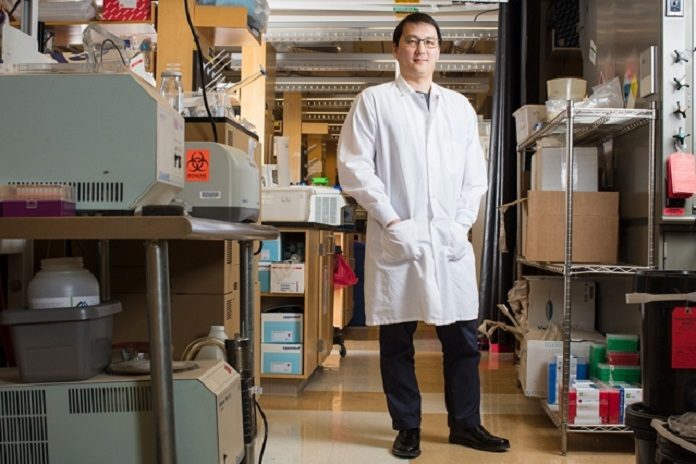Timothy Lu, a programmer is keen toward programming biological systems. He has devoted his career to coming up with novel ways to engineer cells, both bacterial and human, to perform new functions. Now, he wants to develop new therapies for a range of diseases, from cancer to drug-resistant infections.
Achieving this goal requires overcoming many more challenges than programming computer chips as living cells behave in more unpredictable ways and the underlying programming language is not deeply understood.
Lu who now earned tenure in MIT’s Department of Electrical Engineering and Computer Science said, “The advantage of the semiconductor industry is they were able to build individual units and put them together and scale them very efficiently. They weren’t putting things into an existing system that was already messy and where you didn’t know the wiring diagram. In contrast, we’re simultaneously trying to figure out how to assemble genetic circuits together and also stick it into this giant mishmash of what the cell normally does. That’s the key challenge.”
In a recent study, Lu along with his colleagues developed a synthetic gene circuit that triggers the body’s immune system to attack cancers when it detects signs of the disease. They are likewise chipping away at planning more control components to enable them to turn such circuits on and off, and creating approaches to enable circuits to change their yield in light of various illness biomarkers.
They are continuing to pursue novel antimicrobial treatments, including engineered bacteriophages as well as new types of antimicrobial peptides. By modifying these naturally occurring proteins, they hope to make them more efficient at killing microbes, and potentially to develop them for use against infection in humans.
Lu said, “When we first started, in the early 2000s, people didn’t care about antibiotic resistance that much. Most antibiotics were still working and people didn’t think it was a big deal. But over time, resistance has continued to grow, and the antibiotic pipeline has become drier and drier. So we still firmly believe that we need new strategies. The days when you would just go and dig in the dirt and easily find new antibiotics with broad-spectrum activity are over.”
